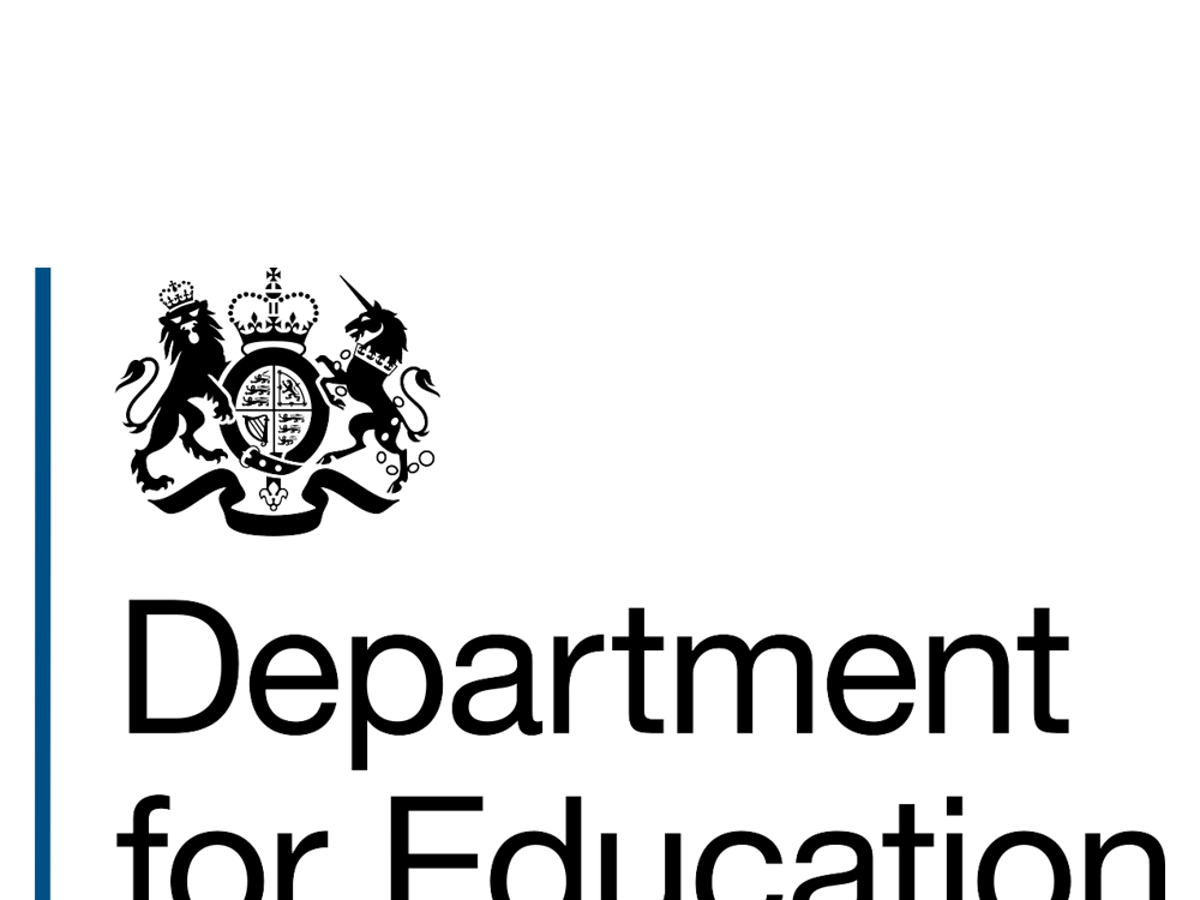Executive headteachers: what's in a name?
Research highlighting the spectrum of executive headteacher roles and the need for definition and development

The number of executive headteachers in England is rapidly increasing even though their remit and responsibilities are still largely undefined.
The research highlights a spectrum of executive headteachers with varied areas of responsibility. This creates challenges across the education system by blurring lines of accountability at executive and governance levels, and potentially confusing roles and responsibilities.
Research overview
This research was carried out in 2016 by the National Governance Association (NGA), the Future Leaders Trust (TFLT) and the National Foundation for Educational Research (NFER).
The report is the result of longitudinal analysis of the school workforce census over a period of five years (from 2010 to 2014); over 30 interviews with executive headteachers, senior leaders and governors; and a desktop review of 30 headteacher and executive headteacher job application packs.
Key findings
- The remit and responsibilities of executive headteachers (EHTs) varies according to the number of schools they work with, the structure linking those schools, whether or not they have a substantive headship role, and the schools’ strategic priorities.
- Scale and size are important considerations; however, at what point another form of strategic leadership may be required needs further exploration.
- The roles of EHTs are distinct from traditional headteacher roles, requiring higher levels of strategic thinking; greater emphasis on coaching, delegating and achieving change through others; and capacity to look outward.
Recommendations include:
- The Department for Education (DfE) should facilitate a profession-led definition of executive headship with associated skills, competencies, organisational structures and indicative remuneration.
- Workforce planning must ensure sufficient numbers of leaders progress upward to fill new EHT positions while also sustaining traditional leadership roles.
- Governing boards should actively decide (with appropriate guidance) whether to add a level of strategic leadership and how this is structured.
- More professional development and support networks for EHTs and aspirant EHTs are needed.
- National systems need to be developed to more accurately record information about EHT posts.
-
"This research has provided much-needed information about executive heads, but the variations in practice suggest that there has not been enough clarity about the role or the skills required to undertake it well. NGA urges governors and trustees to define the exact role their executive head is required to play before recruiting to such a post."
![Emma Knights OBE]()
Emma Knights
NGA Chief Executive
Related content
-
Guidance
![people in meeting looking across each other at table]()
-
Guidance
![people teacher smiling into the camera with other teachers talking to each other behind him]()
-
Guidance
![school-environment pupils learning in a classroom]()
-
Guidance
![people man smiling in front of whiteboard]()
-
Guidance
![school-environment woman walking up flight of stairs]()
-
Guidance
![people man and a woman talking in front of their laptop]()
-
Guidance
![training man cheerfully talking to a small group]() Updated: 13/09/2024School & trust leaders
Updated: 13/09/2024School & trust leadersExecutive leader performance management: guidance for governing boards
-
Tools & templates
![people woman looking into camera holding documents]()
-
Tools & templates
![training six people looking same direction]()
-
Tools & templates
![tools-resources spread and organised documents being checked over]()
-
Tools & templates
![training six people looking same direction]()
-
Tools & templates
![training group of five professionals sitting at a table with laptops]()
-
Tools & templates
![people woman looking into camera holding documents]()
-
Guidance
![Decorative]()
-
Guidance
![Decorative]()
-
Training & development
![Man pointing out something in meeting]() 01/01/0001Date and time tbc - Autumn termZoomSchool & trust leaders
01/01/0001Date and time tbc - Autumn termZoomSchool & trust leadersGovernance for MAT executive leaders - Autumn 2025
-
Training & development
![People talking in a meeting]() 01/01/0001Date and time tbc - Autumn termZoomSchool & trust leaders
01/01/0001Date and time tbc - Autumn termZoomSchool & trust leadersGovernance for academy leaders within MATs - Autumn 2025
-
Training & development
![people woman smiling into the camera in a classroom]() 01/01/0001Date and time tbc - Autumn termZoomSchool & trust leaders
01/01/0001Date and time tbc - Autumn termZoomSchool & trust leadersGovernance for SAT leaders - Autumn 2025
-
Training & development
![People having a conversation during a meeting]() 01/01/0001Date and time tbc - Autumn termZoomSchool & trust leaders
01/01/0001Date and time tbc - Autumn termZoomSchool & trust leadersGovernance for maintained school leaders - Autumn 2025
-
Training & development
![]() 05/11/202418:00-20:00ZoomSchool & trust leaders
05/11/202418:00-20:00ZoomSchool & trust leadersGood MAT governance: an introduction - Autumn 2024, cohort 1
-
Training & development
![]() 12/02/202518:00-20:00ZoomSchool & trust leaders
12/02/202518:00-20:00ZoomSchool & trust leadersGood MAT governance: an introduction - Spring 2025, cohort 1
-
Training & development
![]() 03/12/202418:00-20:00ZoomSchool & trust leaders
03/12/202418:00-20:00ZoomSchool & trust leadersLocal governance: setting the expectations - Autumn 2024 cohort 1
-
Training & development
![training woman on a video call with six others]()
-
Training & development
![training woman on a video call with six others]()
-
Training & development
![]() 14/01/202518:00-20:00ZoomSchool & trust leaders
14/01/202518:00-20:00ZoomSchool & trust leadersImproving the quality of education in your schools - Autumn 2024 cohort 1
-
Training & development
![]() 30/04/202518:00-20:00ZoomSchool & trust leaders
30/04/202518:00-20:00ZoomSchool & trust leadersHow trust boards work: meetings, challenge, relationships and decision making - Spring 2025 cohort 1
-
Training & development
![]() 21/05/202518:00-20:00ZoomSchool & trust leaders
21/05/202518:00-20:00ZoomSchool & trust leadersThe board in action: establishing the trust vision, culture and strategy - Spring 2025 cohort 1
-
Training & development
![]() 05/03/202518:00-20:00ZoomSchool & trust leaders
05/03/202518:00-20:00ZoomSchool & trust leadersLocal governance: setting the expectations - Spring 2025 cohort 1
-
Training & development
![]() 25/03/202518:00-20:00ZoomSchool & trust leaders
25/03/202518:00-20:00ZoomSchool & trust leadersThe board in action: financial governance and risk management - Autumn 2024 cohort 1
-
Training & development
![]() 20/05/202518:00-20:00ZoomSchool & trust leaders
20/05/202518:00-20:00ZoomSchool & trust leadersThe board in action: meeting compliance obligations and moving beyond - Autumn 2024 cohort 1
-
News
![]() Updated: 10/07/2025Latest updates
Updated: 10/07/2025Latest updatesAnnual Governance Survey 2025: School Finances and SEND System at Breaking Point
-
Governing Matters
![]()
-
News
![]() Updated: 22/05/2025Finance & resources
Updated: 22/05/2025Finance & resourcesTeacher Pay Award 2025 – A Mixed Picture as Budgets Stretched to Breaking Point
-
Webinar
![]() 20/05/202512:30 - 13:15Disadvantage: widening the lens
20/05/202512:30 - 13:15Disadvantage: widening the lensLet’s talk about attendance - who’s really accessing education?
-
Blog
![]()
-
News
![]() Updated: 17/12/2024Latest updates
Updated: 17/12/2024Latest updatesNGA Comments on the Publication of the Children’s Wellbeing and Schools Bill
-
Webinar
![]()
-
Webinar
![]() 13/11/2024Governing board roles
13/11/2024Governing board rolesAnnual Seminar: Governance for growth: Crafting accountability systems that drive ambition and sustainability
-
Events & networks
![]() 12/11/2024School & trust leaders
12/11/2024School & trust leadersAnnual Seminar: Architects of culture and excellence: How good governance cultivates an exceptional workplace
-
Events & networks
![]() 11/11/202412:30 - 13:30Strategic planning
11/11/202412:30 - 13:30Strategic planningAnnual Seminar 2024: Schools at the heart of society: Defining the role of schools in 2024 and beyond
-
Webinar
![]() 24/10/202412:30 - 13:15ZoomGoverning board roles
24/10/202412:30 - 13:15ZoomGoverning board rolesNavigating MAT Growth: Opportunities, Risks, and Strategic Decisions for Trust Boards
-
Webinar
![]()
-
Blog
![]()
-
Governing Matters
![]()
-
Governing Matters
![]() Updated: 04/06/2024School & trust leaders
Updated: 04/06/2024School & trust leadersInstitute for School and Business Leadership: Professional standards
-
Webinar
![Calendar]()
-
Webinar
![A group of conference delegates]()










































